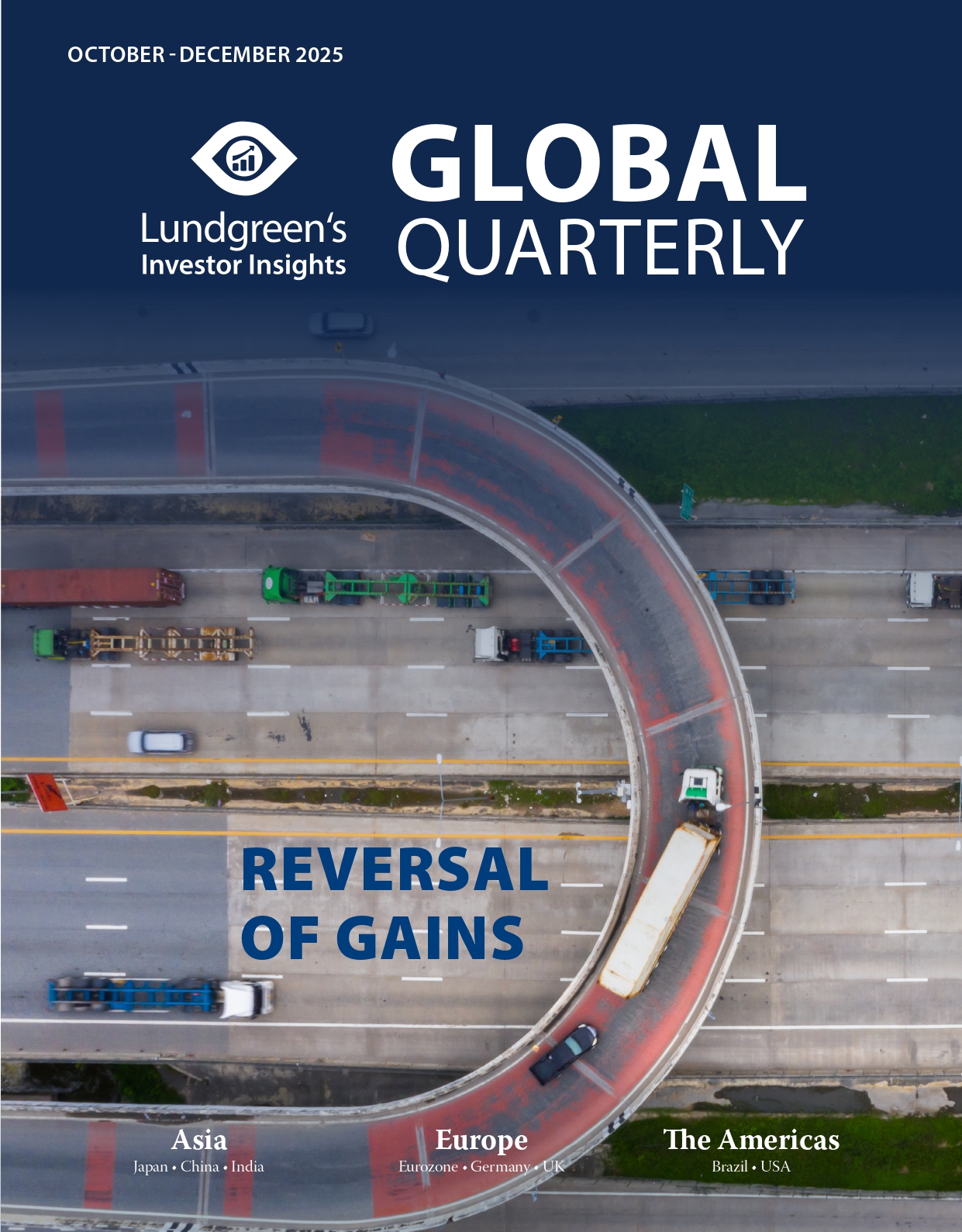Thailand’s digital economy powering a financial renaissance
Prime Minister Paetongtarn Shinawatra aims to protect and boost the digital economy of Thailand to reach up to 30 per cent of GDP by 2030. Based on the 2024 e-Conomy SEA report, the country’s digital economy grew by 19 per cent and brought the gross merchandise value from USD 39 billion in 2023 to USD 46 billion. The Minister of Digital Economy and Society, Prasert Jantararuangtong, also shared that the digital economy in 2024 accounted for 23.9 per cent or THB 4.44 trillion (USD 130 billion) of the country’s GDP.
So far, Shinawatra’s goal seems to be a realistic one. If this upward trend is sustained, we see the possibility of hitting the 30 per cent goal by 2027. This positive outlook on the digital economy has also put a spotlight on fintech. With the fintech sector accounting for 26 per cent of total seed investments in 2024 and an expectation to increase seed-round funding by 4 per cent this year, the country has positioned itself as an emerging digital economy hub within ASEAN.
New growth engine
Thailand sees the digital sector as its golden ticket to boost economic growth. The country’s budget for fiscal year 2025 estimates that THB 2.53 billion (USD 74.89 million) is needed to build up the value of digital businesses and boost the value-added of digital economic activity. Its government’s push for the sector has led to a recent surge of foreign investments – notably from tech giants such as Google, Microsoft, and Datamax – amounting to more than THB 100 billion (USD 2.96 billion) that went towards artificial intelligence (AI) development and data centres.
How dedicated is Thailand in cultivating its domestic digital economy? To give some perspective, we look to the launch of the ASEAN Digital Economy Framework Agreement in 2023 which is expected to be completed this year and add USD 2 trillion to the region’s digital economy by 2030. On top of that, Thailand has signed the European Free Trade Agreement on 23 January 2025 to increase foreign investment opportunities in the sector.
As illustrated in Graph 1, the digital economy has an influence on the overall performance of the technology sector index of the Stock Exchange of Thailand. Both the technology index and the information technology & communication (ICT) sub-index were on a steady rise until end-2024. While both declined in early 2025, Thailand’s new policies seek to pull the trend back up as far as digital companies are concerned by encouraging workers to upskill to meet demands from the ICT sub-sector. Recently, Thailand’s Chulalongkorn University partnered with China’s Huawei to support the country’s Cloud-First and AI strategies, and we see this collaboration as one of many that can help the Thai digital economy and lift technology stocks as a whole.

Adopting fintech
The Bank of Thailand (BOT) hopes to improve consumers’ access to financial services by enhancing the country’s financial technology services. To support the financial sector, the BOT has established a regulatory sandbox in 2024 to let fintech companies test the waters as they innovate.
Can Thailand’s fintech players thrive alongside its counterparts within ASEAN? In terms of investments, the answer is yes: Thailand’s fintech investments are at par with that of Singapore, a country home to the most number of growing unicorns in ASEAN. Thailand has secured a total of USD 335 million in fintech funding through mega deals secured by two companies from three funding rounds: Ascend Money with USD 195 million and GuildFi with USD 140 million. These successful fundraising initiatives, particularly for payment and blockchain financial services, show investor confidence towards Thailand’s fledgling fintech sector.
On the consumer side of things, one may look at Thailand’s PromptPay to see how utilised fintech is in the country. PromptPay is a digital payment system used nationwide which started as a social welfare distribution platform in 2016 and evolved as a payment scheme accepted by businesses, government, and the general public. Graph 2 clearly shows the fluctuations in the value of transactions that go through the platform. Despite this, the amounts transacted per month were consistently above THB 4 trillion (USD 120 billion) over the past year. In total, the value of transactions using PromptPay amounted to THB 51.67 trillion (USD 1.56 trillion) in 2024, and this will continue to grow as the platform expands across different countries to make payments easier for Thais abroad. Total transactions reached THB 8.8 trillion in January-February 2025, a 9 per cent increase from the comparable year-ago period.

The sophistication of digital finance in Thailand supports the growth of the country’s digital economy and fintech sectors, and as such, we see data centres as a prime avenue to invest in. In 2024, 12 major tech companies have invested in Thailand’s data centre worth a cumulative THB 98.5 billion (USD 2.92 billion). Thailand also approved a significant investment by TikTok at THB 126 billion (USD 3.76 billion) this year to establish a data centre. Additionally, the government is also showing support by offering tax incentives to attract more foreign investors, particularly into digital technology and infrastructure.
The domestic blockchain industry also presents a promising opportunity for new investments. According to the Minister of Digital Economy, Thailand has the potential to become a world-class blockchain hub with its skilled workers and available digital infrastructure. Reinforcing this view are the recently recruited international blockchain experts meant to foster digital innovation in the country, as well as Thailand’s collaboration with Singapore on cross-border transactions via blockchain. We see Thailand becoming more competitive in this space, especially with a more supportive regulatory environment towards blockchain technology and digital startups.







